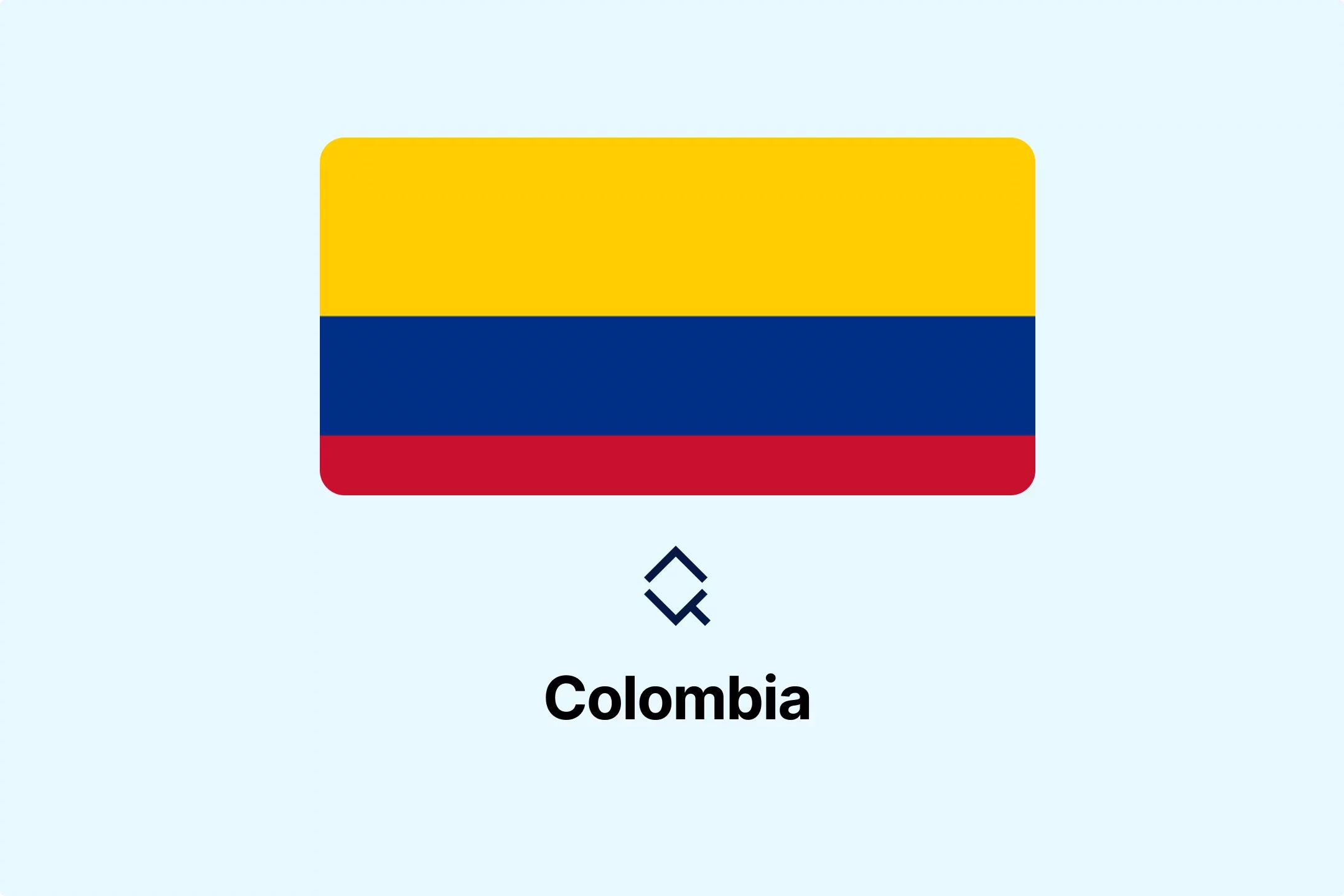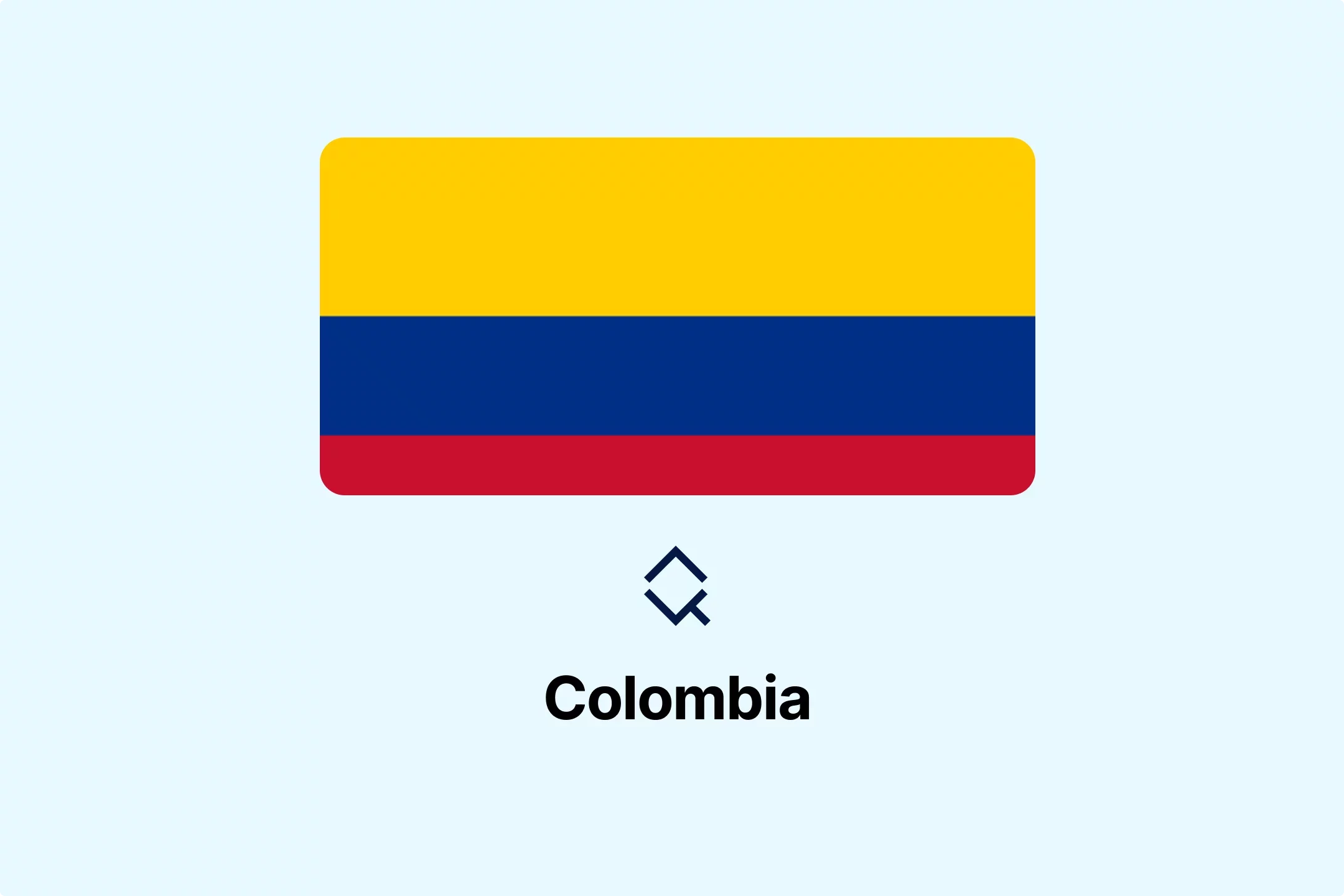Chile's Tax Reform Bill: Major VAT Changes Impacting E-commerce & Digital Goods

With the fast pace of global changes, governments are moving forward with transformations of their national tax systems. With that goal in mind, the Chilean Congress approved the Tax Reform Bill (the Bill), which needs more approvals to become Law.
The reform of the Chilean tax system will not be small, and the Bill proposes changes to the Value Added Tax Law, Income Tax Law, General Tax Code, and other relevant legislation.
Tax Reform and Impact on VAT
Regarding the VAT system, the Bill proposes introducing VAT on low-value goods. The USD 41 threshold is abolished, and a new USD 500 threshold will be introduced. Under the proposed rules, goods whose value is below the threshold will be subject to 19% VAT and reported under the simplified system.
The simplified regime is currently available only to foreign suppliers of digital services, but the Bill proposes a broader application. Therefore, if the supply is below the threshold, this regime will become available for all supplies made through digital platform operators and online marketplaces.
Up to this point, the supply of goods outside Chile to local consumers was not subject to VAT. This will change once the Bill becomes law, as the goods will be deemed located in Chile when non-resident suppliers make a supply to local consumers.
Additionally, the Bill contains provisions on two VAT anti-avoidance rules related to assets and real estate. Under the current VAT Law, the transfer of assets and real estate is not subject to VAT when it is part of a business's reorganization process. However, that will change with new rules in place if it is clear that the sole purpose of business reorganization is to avoid VAT.
Conclusion
Two additional steps, or approvals, are required for the bill to become law. The first approval needed was from the Chilean Constitutional Court. Once this approval is secured, the President of Chile must sign the Bill. With the President's signature on the Bill, all remains for it to be published in the Official Gazette, after which it becomes a law.
Therefore, some changes might be made during the approval process. Nevertheless, the changes will happen, and all parties affected should proactively prepare their day-to-day operations to comply with new rules and regulations.

More News from Americas
Get real-time updates and developments from around the world, keeping you informed and prepared.

South Carolina Sales and Use Tax: Rates, Nexus, Exemptions

Arkansas Sales and Use Tax: Rules, Rates & Nexus Explained

Minnesota Sales and Use Tax Guide: Rates, Nexus & Exemptions

Peru VAT Rules for Non-Resident Digital Services: Filing & Compliance

Detroit to Accept Cryptocurrency Payments for Taxes in 2025

-e9lcpxl5nq.webp)





-fd4vrjrcmo.webp)















-qoqtiao7l2.webp)

-pdupgqz2r8.webp)






-o0xyg5unvs.webp)







-sebuexzucq.webp)







-sug7vykj81.webp)







-gsvc6ack9u.webp)







-xsarn0aogt.webp)

-hcel6azmgf.webp)



-p6e3ovhdh3.webp)


-fbovkq9h8b.webp)
-pofe7ucwz3.webp)


-d3qhimei1d.webp)






-nilkffjhah.webp)












-xbhr0m4jsb.webp)


-ae6fi6cjox.webp)
















-b0fpsws1w1.webp)






















-x78wuofpzj.webp)



















-b44f1vjl1i.webp)



-priw8nq5xc.webp)
-8bkw2pujxu.webp)


.png)
.png)




.png)













































